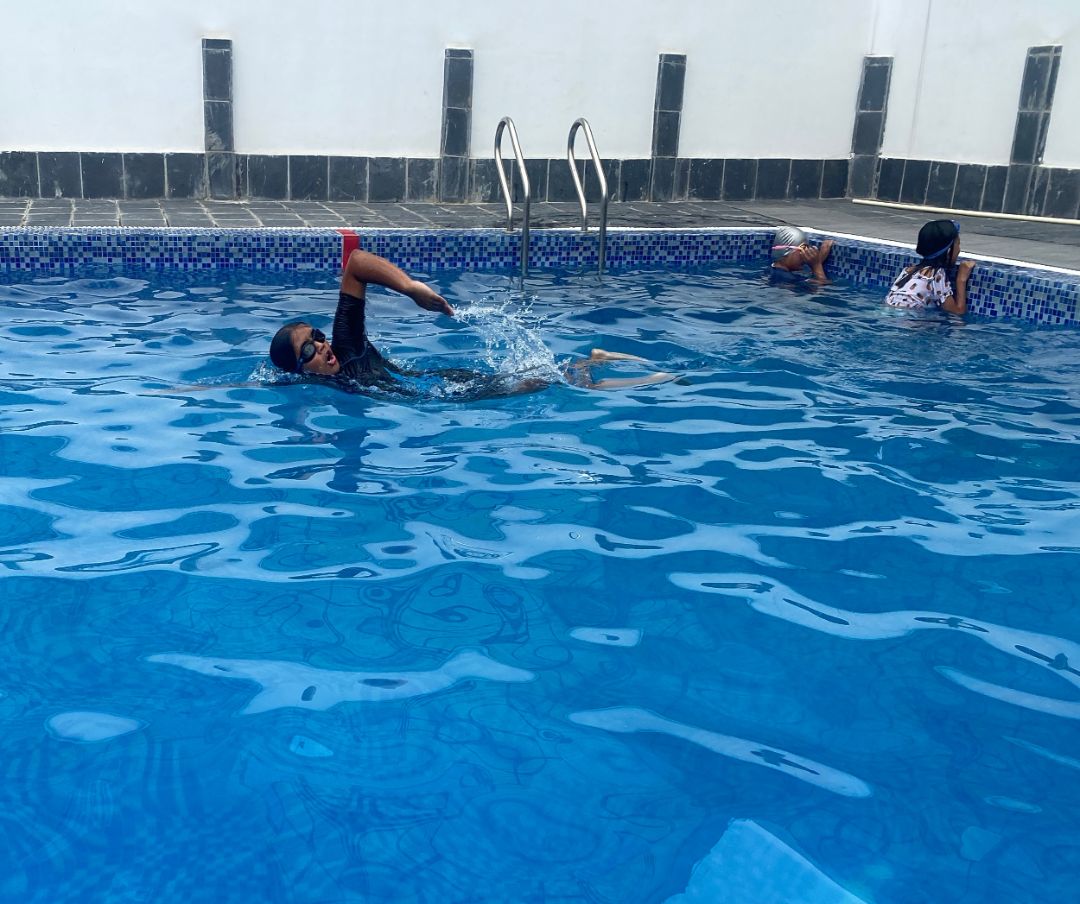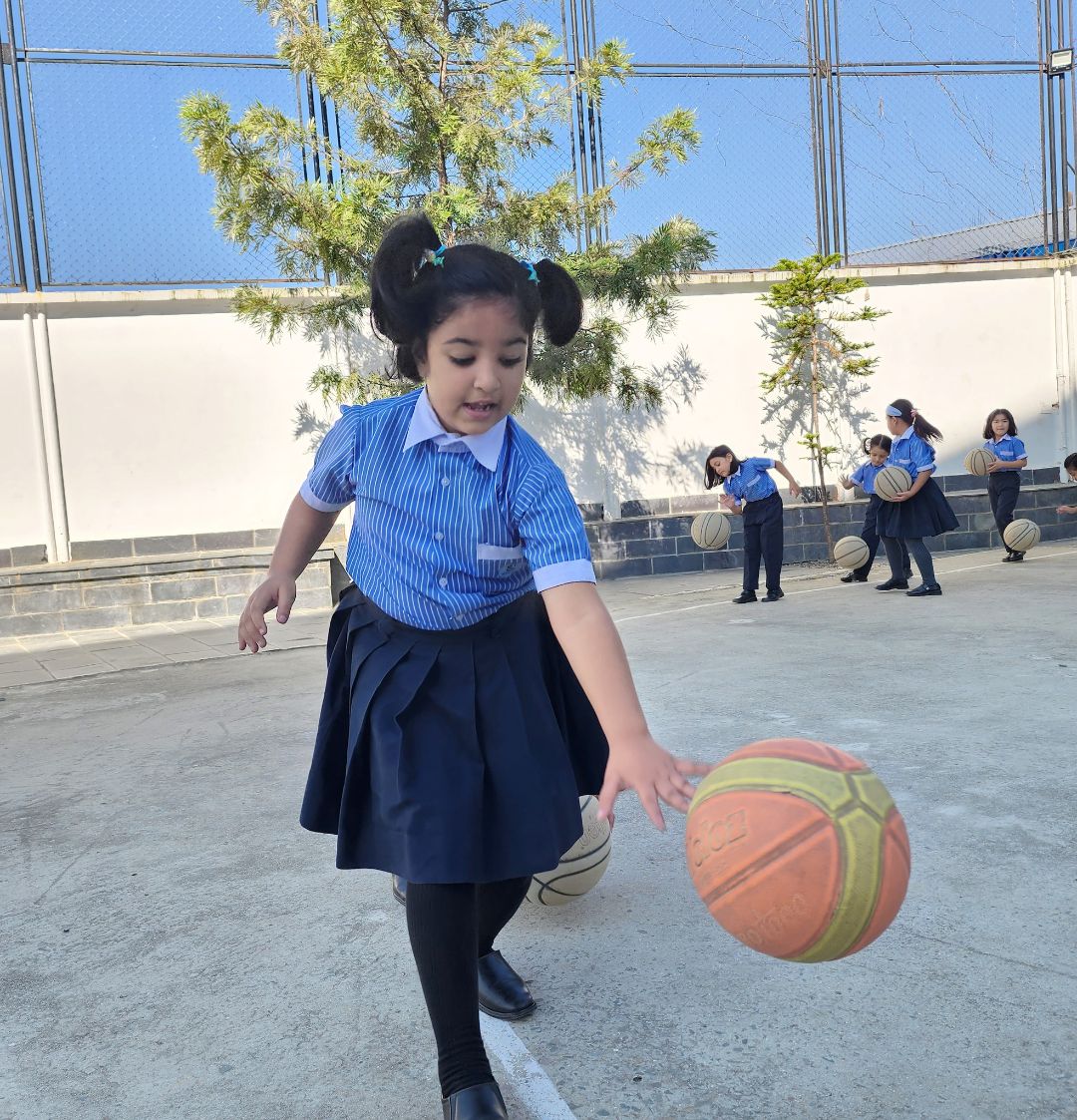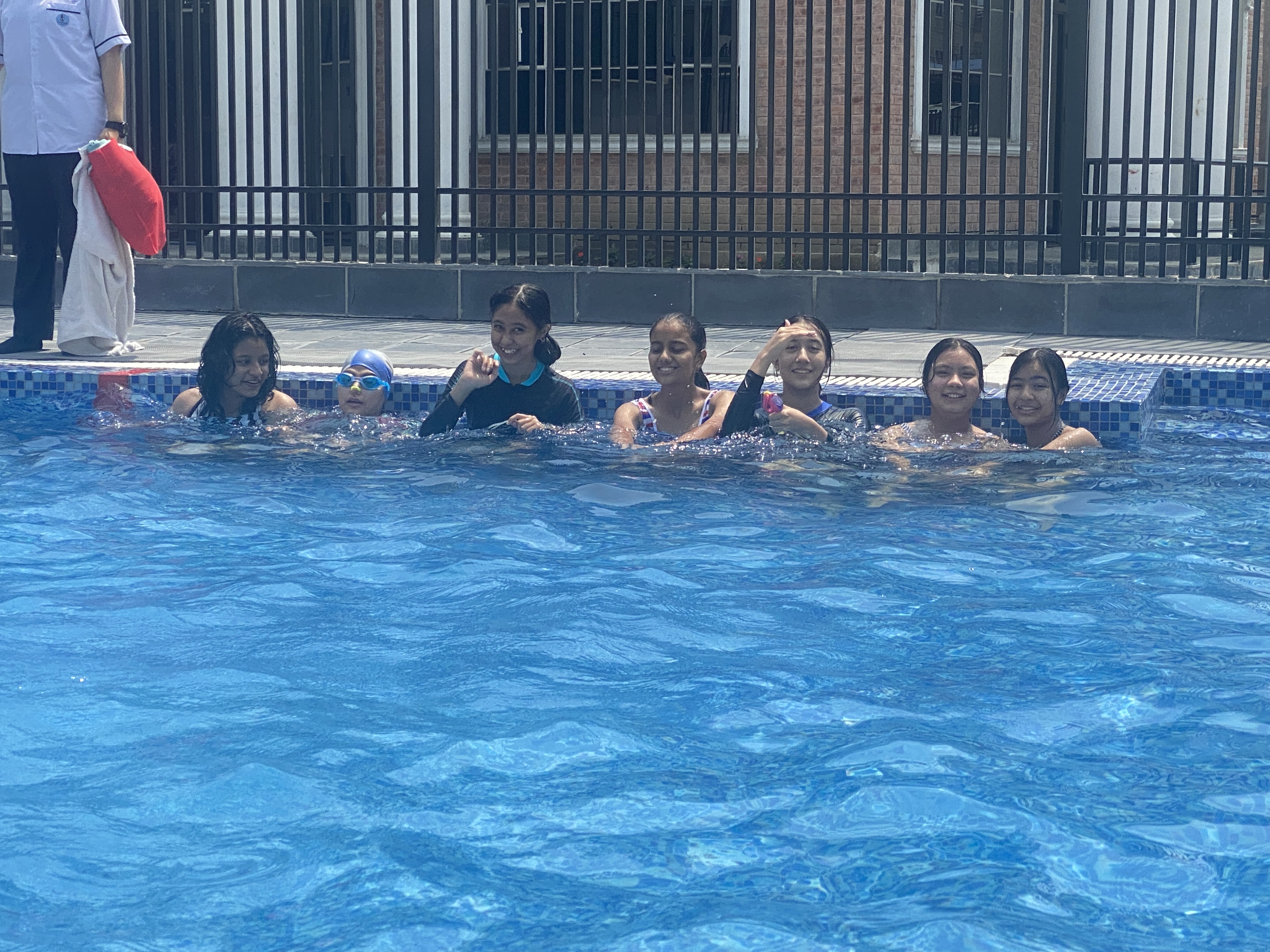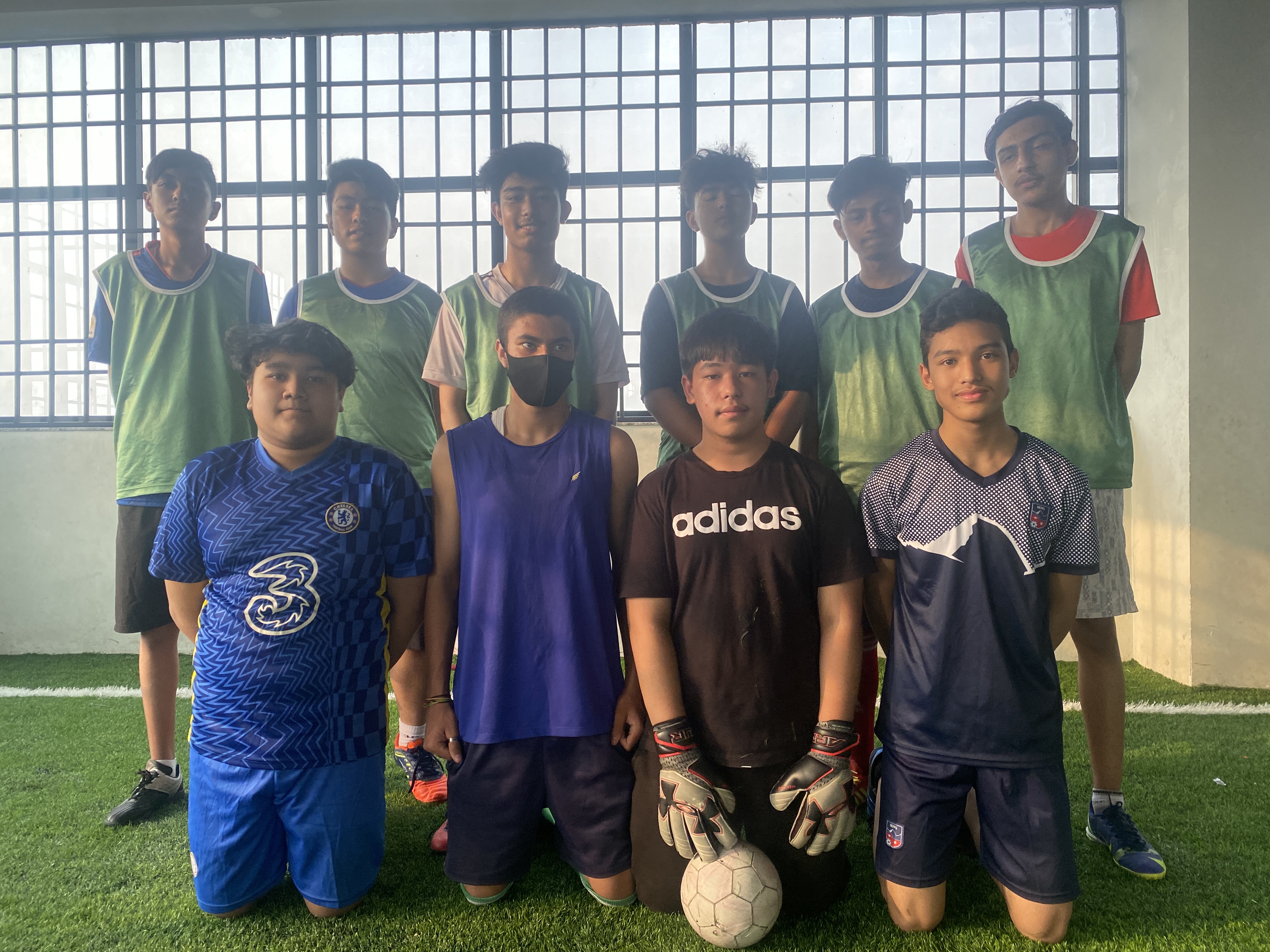






Sports
Sports
The NMS sports program provides a safe and supportive environment for students to engage in physical activity and develop important life skills. Through participation in sports, students can learn the importance of setting and working towards goals, as well as the value of teamwork and cooperation. By participating in organized sports, students also have the opportunity to learn about sportsmanship, healthy competition, and the importance of fair play. Additionally, the NMS sports program provides an opportunity for students to build relationships with classmates and coaches, promoting a sense of community and belonging.
Sports activities play a crucial role in keeping our students healthy and fit. By participating in sports activities, students have the opportunity to engage in regular physical exercise, which is essential for maintaining a healthy weight, reducing the risk illness, and improving overall physical health.
Sports activities often involve teamwork, which helps students learn to work together towards a common goal. This teamwork experience helps students develop communication skills and the importance of cooperation and support. Participating in sports also help students build self-confidence and develop a sense of self-esteem as they learn new skills and achieve success. In addition to the physical and mental benefits, sports activities can help students develop important life skills such as leadership, goal-setting, and problem-solving. Sports activities provide opportunities for students to socialize, build relationships, and create a sense of community.
Establishing clear and achievable objectives for the NMS sports program is critical for its success. By focusing on offering a variety of sports, providing quality coaching, ensuring safe facilities and equipment, promoting inclusivity and accessibility, and fostering student development, our program provides students with a positive and enriching sports experience.
New Millennium Philosophy of Sports - Sportsmanship and Fairplay
Sportsmanship and fair play are fundamental values that should be instilled in students as they participate in sports. These values promote respect for others, encourage positive behavior, and create a positive and enjoyable sports environment for everyone involved.
Sportsmanship involves showing respect for one's opponents, teammates, and officials, regardless of the outcome of the game. This includes congratulating the winning team, shaking hands after the game, and avoiding unsportsmanlike behavior. By exhibiting good sportsmanship, students can learn valuable lessons about respect, responsibility, and teamwork, which can be applied to other areas of their lives.
Fair play, on the other hand, refers to playing by the rules and acting in an ethical and honest manner. This includes following the rules of the game, avoiding cheating or unfair practices, and playing with integrity and respect for others. Fair play promotes a level playing field and ensures that everyone has an equal chance to participate and succeed. Incorporating sportsmanship and fair play into the school sports program helps to create a positive and inclusive environment for all students. By emphasizing these values, students can learn to appreciate and respect the efforts and abilities of others, and to behave in a responsible and respectful manner. This, in turn, helps to build a strong and supportive sports community, where all students can participate and enjoy the benefits of sports.






